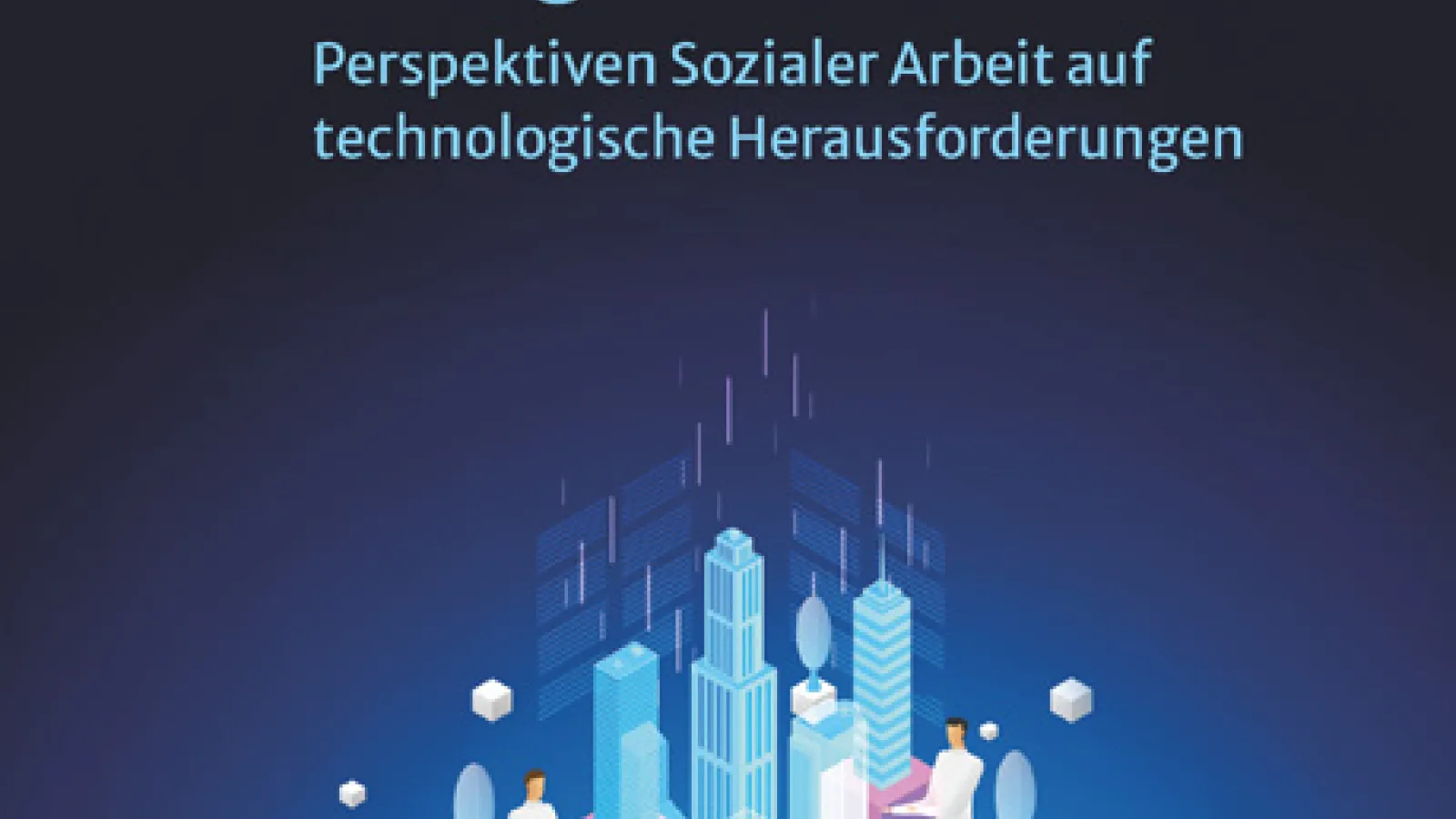Artificial Intelligence in Teaching
Artificial Intelligence (AI) also influences digital teaching at the university. Here you will find an introduction to the topic.
What is AI?
Artificial intelligence (AI) is the ability of a machine to mimic human abilities such as reasoning, learning, planning and creativity. This brings challenges and potential. Here you will find a service offering with information about AI.
Recommendations
AI in higher education is fundamentally changing the way we teach and learn. The development is so dynamic that it can quickly lead to a feeling of being overwhelmed. Where to start? How much time should you invest when resources are scarce? What skills will be needed in the future? In view of this, it is understandable that the initial desire is for a quick ‘everything about AI in an hour’ training course. However, it is more realistic to take about a week and start with these steps:
- Self-study course on prompting in higher education teaching
- Self-study course on AI skills in higher education administration
- Subscribe to the AI Campus newsletter
The sqb offers AI training courses for higher education teachers in Brandenburg. Select an AI and exams course from the range on offer. You can choose between attending a workshop or completing a self-study course.
With these 3-4 steps, you have a good foundation for getting started with digital teaching using AI. The real steep learning curve begins when you start applying AI to teaching areas in which you yourself have a high level of expertise. There, you can quickly recognise where AI can help you and where it has its limitations. You can then deepen your knowledge as needed. You will find many more recommendations on this website. This website is continuously updated.
AI Campus Network and Platform
AI in higher education is a process and a discourse with other innovative teachers. Therefore, the key recommendation is that you register on the AI Campus platform. Subscribe to the newsletter there. Then you will always be up to date on current developments and discussions. There is a high-quality self-study course offering that is constantly being updated and expanded. Be sure to sign up for the AI Campus newsletter.
Prompt laboratory
Click here to access the Prompt Lab Moodle course
Module 1: Planning phase with AI
sqb: Workshops and self-study courses
The Brandenburg Study Quality Network (sqb) offers university lecturers in Brandenburg the latest workshops and self-study courses on AI in teaching.
Some of the certificates of participation obtained can be credited toward the certificate program for university lecturers.
Legal basis for AI
This is only a collection of current information. All information is provided without guarantee. Due to the novelty of the legal subject matter and the rapid development of generative AI, no final legal assessment can be made at this time.
General platforms and collections on AI
In this section you will find materials that you can use free of charge in your teaching, such as comprehensive self-study courses on AI, videos and other tips. You will also find tips on didactic application scenarios and on dealing with AI in university teaching.
Good practice at the FHP! AI in teaching
Here we present some "good practice" examples on the topic of AI in teaching, from committed teachers at the University of Applied Sciences Potsdam. They are sorted by date of publication. You will always find the most recent contributions at the top of the accordion.
If you would also like to publish an example of your teaching on the topic, please contact us at digitale-lehre@fh-potsdam.de.
AI for students
We have implemented self-study courses on AI for students on our transfer platform ocampus. You can share the link to this section in Moodle with your students so that they can prepare for the topic: fhp.eu/ki-lernen.
We recommend that you also link to individual modules in the courses if they are relevant to your teaching. For example, if you are currently giving an introduction to scientific literature research, you can also link to this module in your Moodle course: fhp.eu/ki-literaturrecherche.
Why OER? For a long time, we have been producing almost all of our materials under an open OER license. At the same time, we benefit from other universities licensing their materials as OER, as in these courses on AI for students. This helps us and you as teachers to quickly access high-quality teaching aids. Many courses on ocampus are also available to external users after setting up a guest account at ocampus.fh-potsdam.de.
Credits and editorial notes
The text on this page may be used as OER material, with the exception of legally designated materials, examples of good practice, proper names and trademarks, at your own responsibility under the following licence:
Content: Julia Lee, Potsdam University of Applied Sciences, Licence: CC BY-SA 4.0.
Disclaimer
Potsdam University of Applied Sciences does not guarantee the legal, technical and organisational framework conditions of the materials. Any further use is at your own risk. Most images, graphics and videos can also be reused and edited as OER material. The licence information for this can be found directly below the material or embedded in the video. External links or references to third-party content were carefully checked at the time of inclusion. No liability is assumed for the content of external websites; their operators are solely responsible for this.



